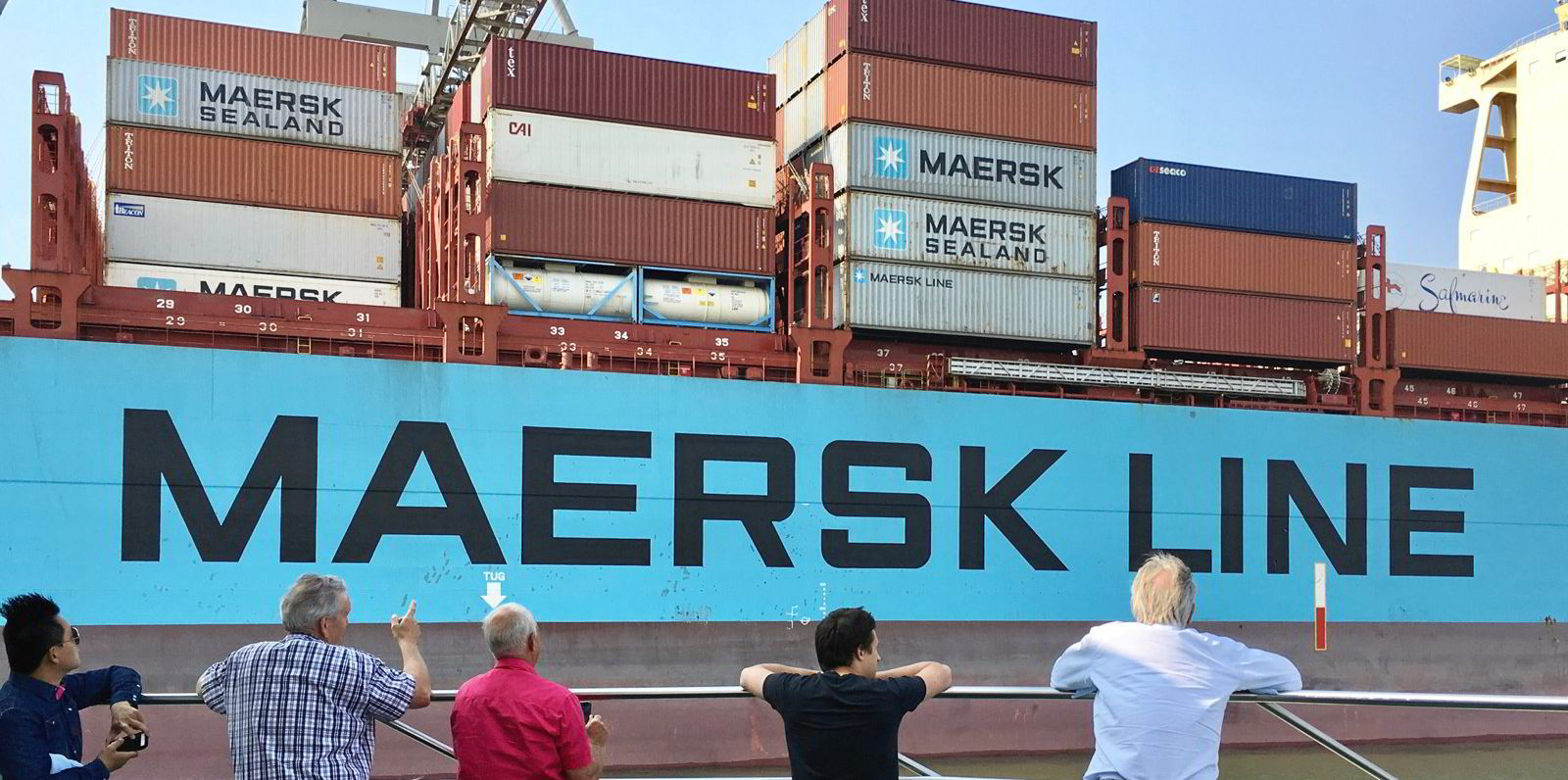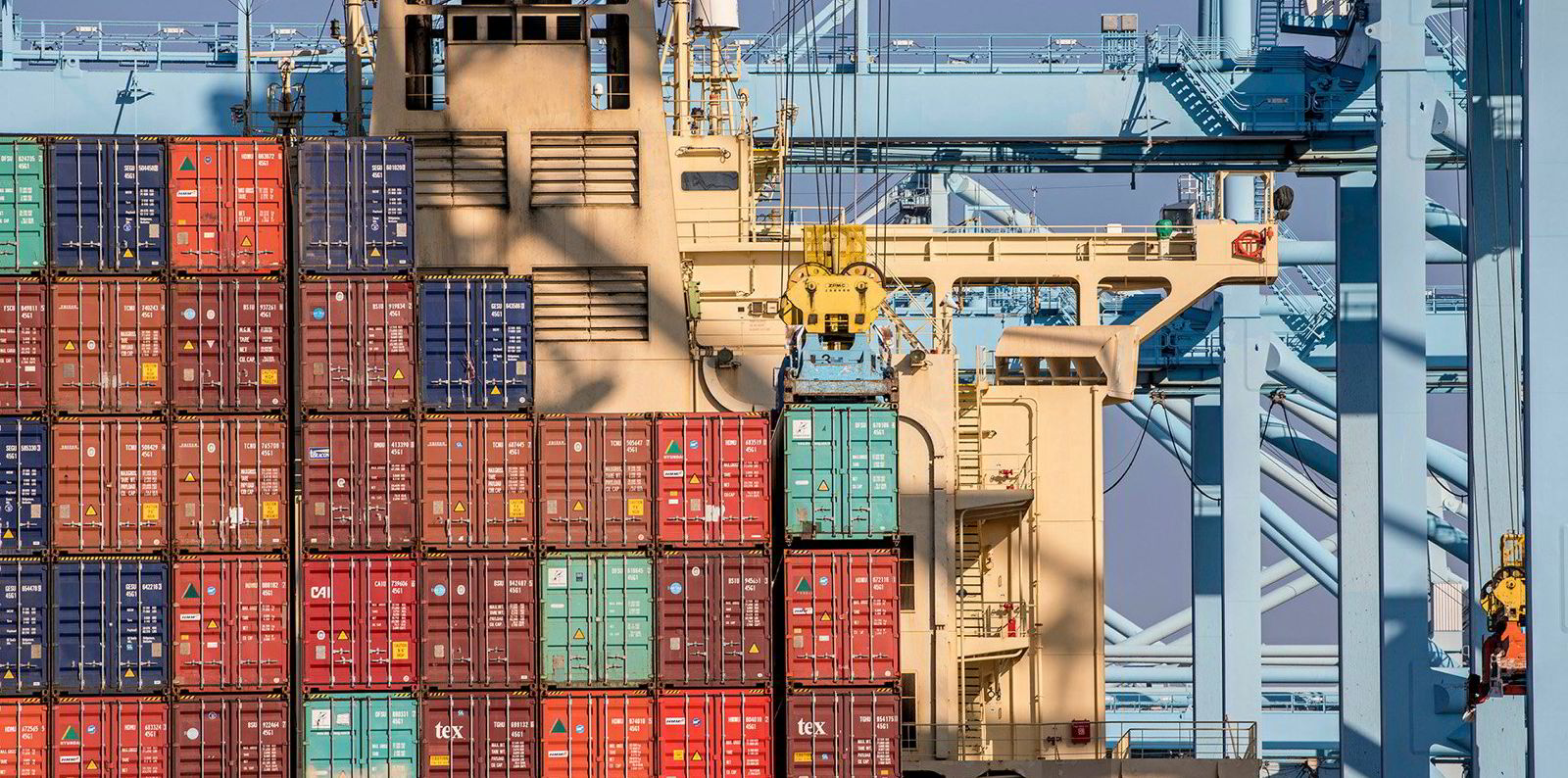This week AP Moller-Maersk took steps to double its bet on methanol fuelling but saw its share price plummet. Product tanker rates got spiky, and banking giant JP Morgan was linked to a series of LNG carrier orders.
Maersk is often seen as an industry first-mover and last year made a groundbreaking order for 12 methanol duel-fuel neo-panamax container ships, including options that were exercised. Now the Danish liner giant looks set to repeat this feat with an order mirroring last year’s, with South Korean yards apparently approached. The company has deals in place with green fuel energy providers, having pledged to not build any more ships that cannot sail on green fuels.
It was not all good news for Maersk and its peers though. Billions of dollars were wiped from container shipping stocks in recent weeks amid growing recessionary fears. Leading carriers Hapag-Lloyd, Maersk and Zim have all taken a beating, losing between 20 and 40% of their respective share values as pressure grows on global consumer demand.
Banking giant JP Morgan is being linked to an order for 12 LNG carriers at Samsung Heavy Industries, with sources identifying them as part of QatarEnergy’s LNG project. The bank is estimated to be paying $213m per ship, and they are slated for delivery between 2024 and 2026.
Meanwhile, the market for product tankers is getting ever stronger, with one shipping executive describing it as “spiky” and “buoyant” at a Marine Money event this week. Rate levels are said to be “extraordinary”, with six-figure amounts being seen for some vessels into the second quarter. A global dearth of oil and product inventories is said to be fuelling the rate growth.
For BW Group chairman Andreas Sohmen-Pao, the current state of affairs is bitter-sweet. While he fears for the global economy, he admitted that the outlook for shipping is decidedly rosy. The economic “machine” is breaking down following the shocks of Covid-19, huge financial stimulus and Russia’s war on Ukraine. But shipping’s prospects are brighter due to the positive effect of supply dislocation, he added.




